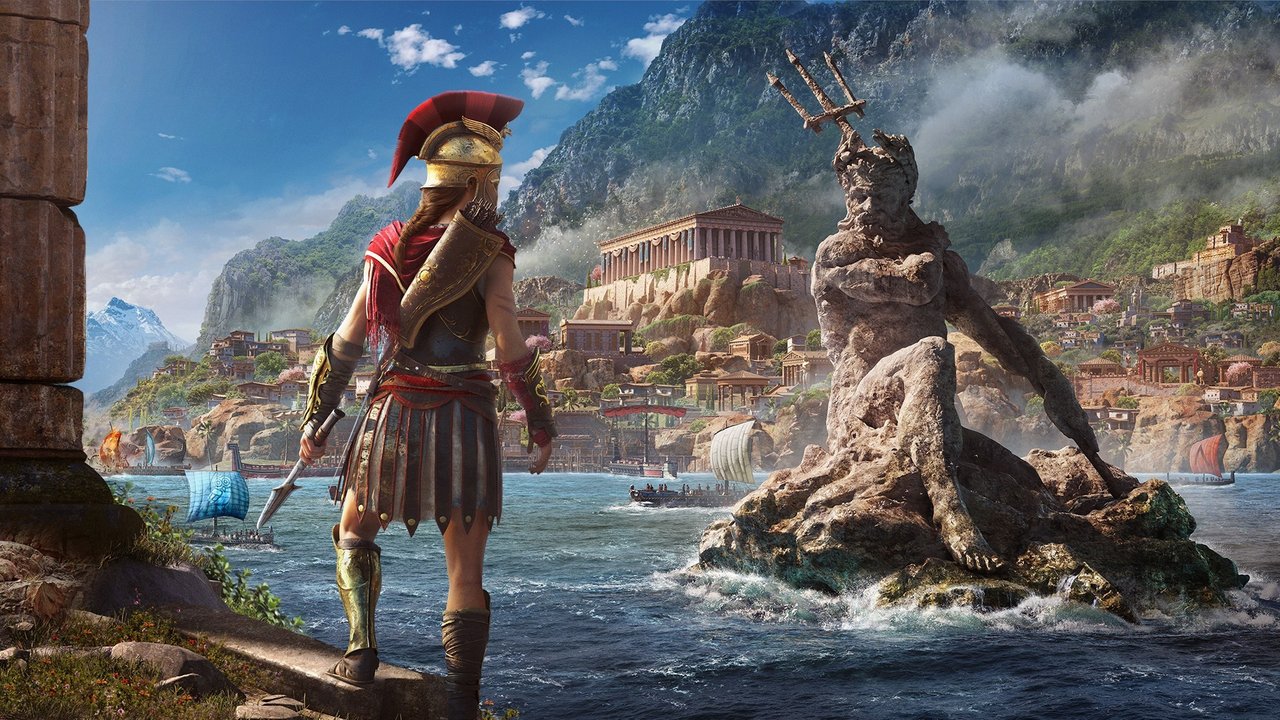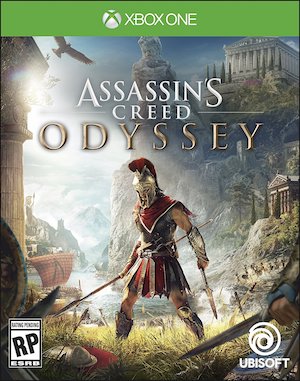With the controversy surrounding Rockstar’s Red Dead Redemption 2 and the crunch culture at the company, stories have begun to crop up of games that didn’t require such long hours. Take Ubisoft Quebec’s Assassin’s Creed Odyssey, for instance. The massive open world game earned its fair share of controversy for microtransactions, but in terms of development, it was built without “massive crunch”.
Ubisoft Quebec managing director Patrick Klaus spoke to Gamasutra about crunch and how the situation looks at Ubisoft. Klaus said, “While we can always do better, I can tell you hand on heart that [Assassin’s Creed Odyssey] hasn’t required a massive crunch, like maybe some of the triple-As from five or ten years ago. We can still always do better, but we have managed pretty well to succeed in delivering a game of huge magnitude which is hitting a good quality [level], while making sure that our teams are not burnt out and disgusted with working in games.
“We collectively, on the management team, think that it is a false economy to burn out our teams. We risk losing them, or we risk disengaging them, and we will simply not get the best out of those talents if we’re forcing them to work insane hours in crunch. We’ve got some way to go, but I’m feeling good about what we have achieved.”
Marc-Alexis Côté, who was the senior producer for Assassin’s Creed Odyssey, added that this wasn’t always the situation and it took some time to achieve. “I think where we have matured is in the way where we manage what we are trying to achieve. It might sound trivial, but [the way] you avoid crunch in the long term is to continually reassess where you are, what you’re trying to achieve, how much work is left to be done, and to become better at measuring that.
“It’s something we were very, very bad at 15 years ago, but as the industry is maturing, we are becoming better at managing our teams, managing our scope. Not every studio will grow in that way, not every team will grow in that way, but it’s one of the commitments we made to our team when we started: that we would manage the scope of the game, that it was super-ambitious, but that every two weeks we would reassess it with them to always make sure that it is doable.”
Many creative mediums like film-making, especially in the blockbuster space, don’t really have 9 to 5 jobs. Is the concept of a regular schedule or “regular job” possible in game development? Côté answered, “A lot of time during the development of the project, it’s not a 9-5 job as you would say. It might be a 9-3 job, it might be a 9-4 job. Sometimes it’s a 9-6 job, so again production of a video game is not constant work. We’re asking people to be creative, that’s what we look for in people.
“But we try to give them the flexibility of both. It’s not about just showing up to work. If you’re in more of a down period, we think it’s good for you to be home if you need to be, and let you cool down and think about things that could make either the game better or your career better, or everything. But sometimes… and again a lot of times it comes from the people themselves. They have a brilliant idea, they want to implement it, so they’ll push for a couple of weeks and then rest a little bit.”
So while it sounds like employees are allowed to put in the extra work, they’re not pushed or “encouraged” to log those hours. With how game development has been over the years, it’s refreshing to hear of big publishers like Ubisoft taking steps to alleviate crunch, that too on their biggest titles.















